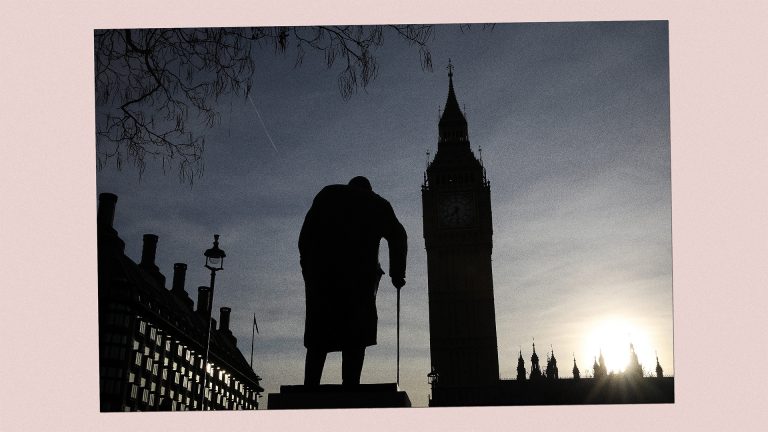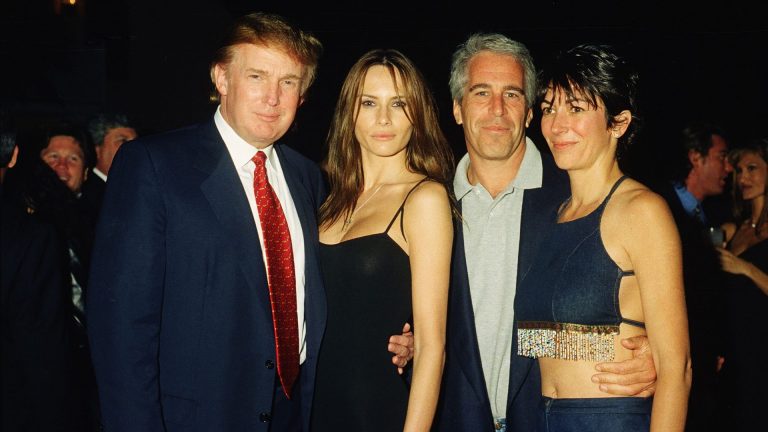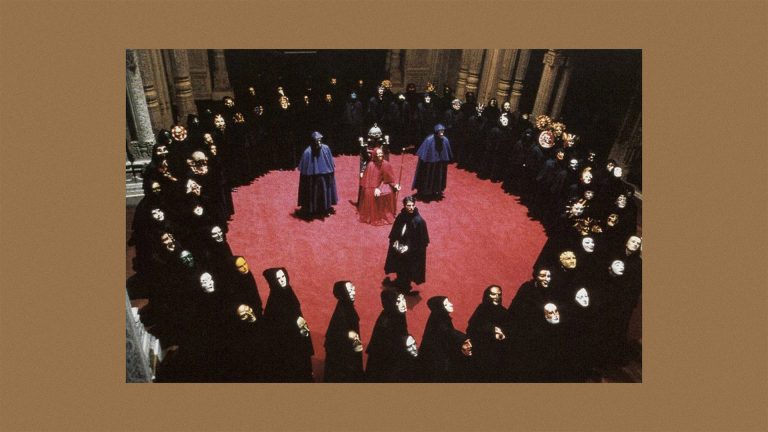I have to admit, I get a strange satisfaction from telling older people about the bizarre and slightly depressing things my generation does.
Call it a twisted thrill from playing the role of a disapproving Gen Z whisperer, sharing tales of our idiosyncrasies: like the ones who use ChatGPT as a personal therapist; the viral “office siren” fashion trend among students who dress as if they are on their way to the office even though they’ve never seen one; and the fact that you’re more likely to see twenty somethings on the streets at 5am because they’re training for a marathon rather than returning home from a big night out. Forgive me if I sound like that kid in class who gets a kick grassing up the troublemakers.
It’s easy to laugh. And for now, we might be the punchline of middle-aged opinion columnists, but we won’t be a curiosity forever. We are, inconveniently for some, the future. And if politicians want to be taken seriously by us, they’ll need to do more than roll their eyes: they’ll need to understand what forged our peculiarities, and what might actually inspire us.
The stereotype of Gen Z, my generation, is that we are entitled, lazy and addicted to phones, which is just what people used to say about Millennials. But there’s a crucial difference. Millennials, the oldest of whom are now in their 40s, came of age under the remnants of the old social contract: go to university, get a job, buy a house. My generation watched that system collapse in real time. Millennials expected normality, only to have the rug pulled from beneath them. We’ve never expected a rug at all. Stability isn’t something we lost, it’s something we’ve never known.
We are perhaps the first generation in a century almost guaranteed to have a worse quality of life than our parents – but what’s worse still is that we know it. That is why I believe Gen Z has turned into the “Generation of Fear”.
A Channel 4 study, Gen Z: Trends, Truth and Trust, found that “a sense of control and fairness, both central to happiness, now feel increasingly out of reach.” The result is a generation of “Zero-Sum Thinkers”: people who believe that one group’s gain necessarily comes at another’s loss. I’ve seen this mindset play out online and in person, where the world is split sharply into allies and enemies.
Couple this with the fact that we’ve had largely unsupervised internet access since before puberty. We’ve been constantly exposed to disinformation, live-streamed warfare, and algorithmic reminders of climate collapse. As Richard Overy argues in The Morbid Age, when a generation grows up under the shadow of crisis, be it war, societal collapse, or cultural decay, it becomes deeply susceptible to both radical hope and radical despair. Though he was talking about the interwar years, it is no wonder that a similar cohort has been born in the 21st century.
But even the lighthearted Gen Z anecdotes have a bleakness behind them. People are so lonely they talk to AI companions. Teens and students know they’ll never have a secure nine to five office job like their parents, so they play dress up and imagine what it would be like to have a lanyard and chat by a water cooler. We drink less because we can’t afford it. And people are having less sex not out of virtue, but fear – men of mockery, women of violence.
And there is a much more sinister embodiment of the Generation of Fear that no one can ignore – the incels. Explanations vary: porn, loneliness, the death of youth clubs are all plausible. But the core emotion is fear: fear of rejection, irrelevance, being broke. And so they turn to grifters peddling masculinity-as-cure: “alpha” behaviour, seduction techniques, “hustler” mindsets.
Suggested Reading

Apparently I hate Winston Churchill
And fear, inevitably, curdles into hatred. One discord forum run by a Scottish Gen Z-er, was found to be instructing children on how to kill Muslims. The same man posted Tiktoks about how a civil war needs to take place in order to “protect our women”. It is not uncommon to open Instagram, and see children spewing rhetoric about “The Great Replacement” of whites.
So how does this all map onto politics? Well, fear is the lifeblood of populism. It’s why Nigel Farage pulls in over a million followers on TikTok, and why Reform now polls at 19% among 18-24-year-olds.
What can the centre and left, then, do for the Scared Generation? Though it is a well worn stereotype that the younger generation, from 60s hippies to 90s stoners, are inherently mistrustful of “the system”, it is certainly true for Gen Z: Channel 4’s study found that we are “navigating an era where truth feels increasingly elusive, and where trust in traditional institutions has eroded”.
Labour, as the party of government, already has the disadvantage of being “the system” and therefore finds itself outflanked to the left, among younger voters. The Green Party currently sits on a comfortable 22% amongst 18-24-year-olds, and in some ways has the right idea. By positioning itself firmly on issues like Palestine, and transgender rights, they have tapped into the branch of Gen Z that is enraged by perceived injustice.
However, they lack a substantial offer of change: they simultaneously advocate for lower rents, while opposing new house building, and are fiercely anti climate change, yet oppose nuclear power.
The Labour government, in contrast, has given Gen Z real reasons to take notice: the return of Erasmus via the EU Youth Mobility Scheme, a serious push toward Net Zero, and the Youth Guarantee, a promise to get all 18-21 year olds into employment, training, or education. I’ve even been able to stand my ground against student landlords by waving the Renters Rights Bill in their face. But in order to truly address the Generation of Fear, the government’s rhetoric must adapt.
Gen Z’s tendency toward zero-sum thinking means they need to know whose side you’re on. Unpopular policies like means-testing the Winter Fuel Allowance might land differently if framed not as a painful decision, but as rebalancing power from a generation of asset-hoarders to one priced out of the future.
Labour’s existing attacks on NIMBY-ism and tax avoidance could be sharpened into a form of left-wing populism: frame the losses of the blockers as the gains of the locked-out. The party has already shown flashes of this – calling out Farage’s NHS comments and condemning the asylum system’s failures. But “working people” remains too vague a term for who they are fighting for – and considering few of us think we’ll ever get a good job, it’s quite an exclusionary term.
If Labour wants Gen Z on side, it must speak directly to our anger at what we’ve inherited and show, clearly, who it is taking on in our name.











